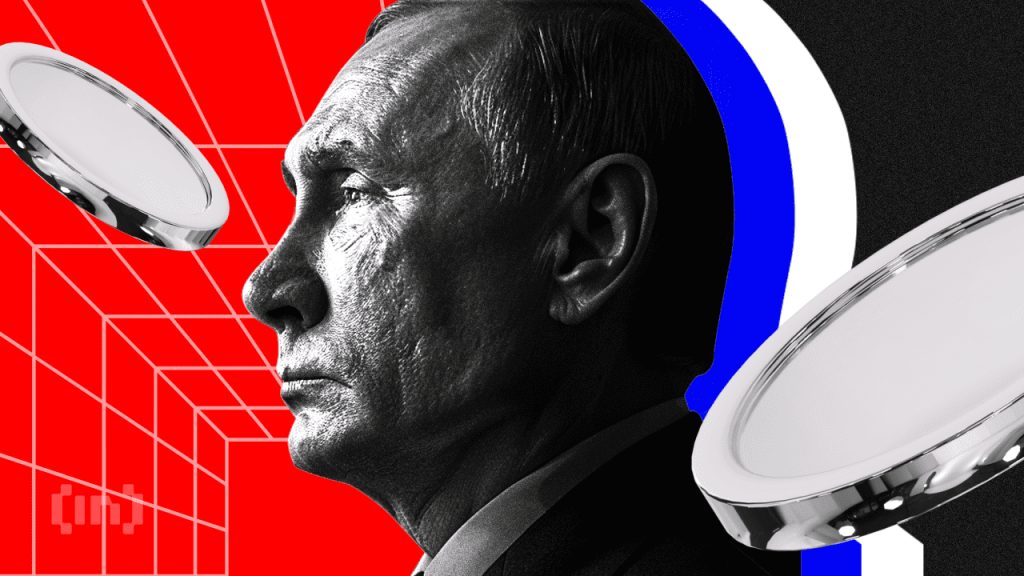How Russia Uses Crypto For Foreign Election Interference

A new report details on-chain data and leaked texts from A7, a firm that specializes in sanctions evasion. Apparently, the company interfered in Moldovan elections to Russia’s benefit.
These leaks do not contain a direct smoking gun connecting the Kremlin to A7, but tokens fund polling, activist networks, politicians, and more. It seems impossible that the government has no knowledge or involvement in these activities.
Sponsored
Sponsored
Is Russia Interfering in Moldovan Elections?
A7 has become something of a notorious name in the crypto community, launching the ruble-backed stablecoin that became a major vehicle for sanctions evasion.
New leaks, however, cast the firm in an even darker light. It may be a major conduit for Russian interference in Eastern European elections.
Although Russia’s alleged interference in US elections caused unwarranted hysteria among American liberals, these claims are laser-focused on Moldova and include on-chain evidence.
Analysts already warned of organized electoral bribery in Moldova, but A7 is apparently at the center of its own operation.
A7’s stablecoin was a staple at Garantex, an exchange shuttered for sanctions violations. The A7A5 token reappeared in later incarnations and unrelated criminal exchanges alike.
A7 specialized its business focus towards cross-border sanctions evasion, finding a lucrative niche there. On-chain data shows the group’s operations:
Sponsored
Sponsored
From this background, the leap to active election interference was apparently quite small. This data confirms that A7 wallets made direct payments to Moldovan politicians.
A Hidden Network
Ilan Shor, who was sanctioned by the US for allegedly aiding Russia in Moldovan election interference, surreptitiously sent millions to at least one former elected official in the country. Leaked texts also corroborate this incident.
This is only the most jarring individual incident of Russian election activity. Leaked chats and on-chain data show a clear pattern of using USDT to fund activist networks, polling operations, and more. A7 also reportedly used Toncoin to make payments to selected individuals.
Although the leaks make vague allusions to intelligence connections, there isn’t any definite proof that the Russian government is aware of election interference in Moldova. Still, due to the covert nature of these operations, concrete proof may be very difficult to come by.
For now, suffice it to say that individuals in Russia are using crypto payments to influence Moldova’s election. It seems stupendously unlikely that A7 is acting completely on its own without the Russian government’s knowledge.










